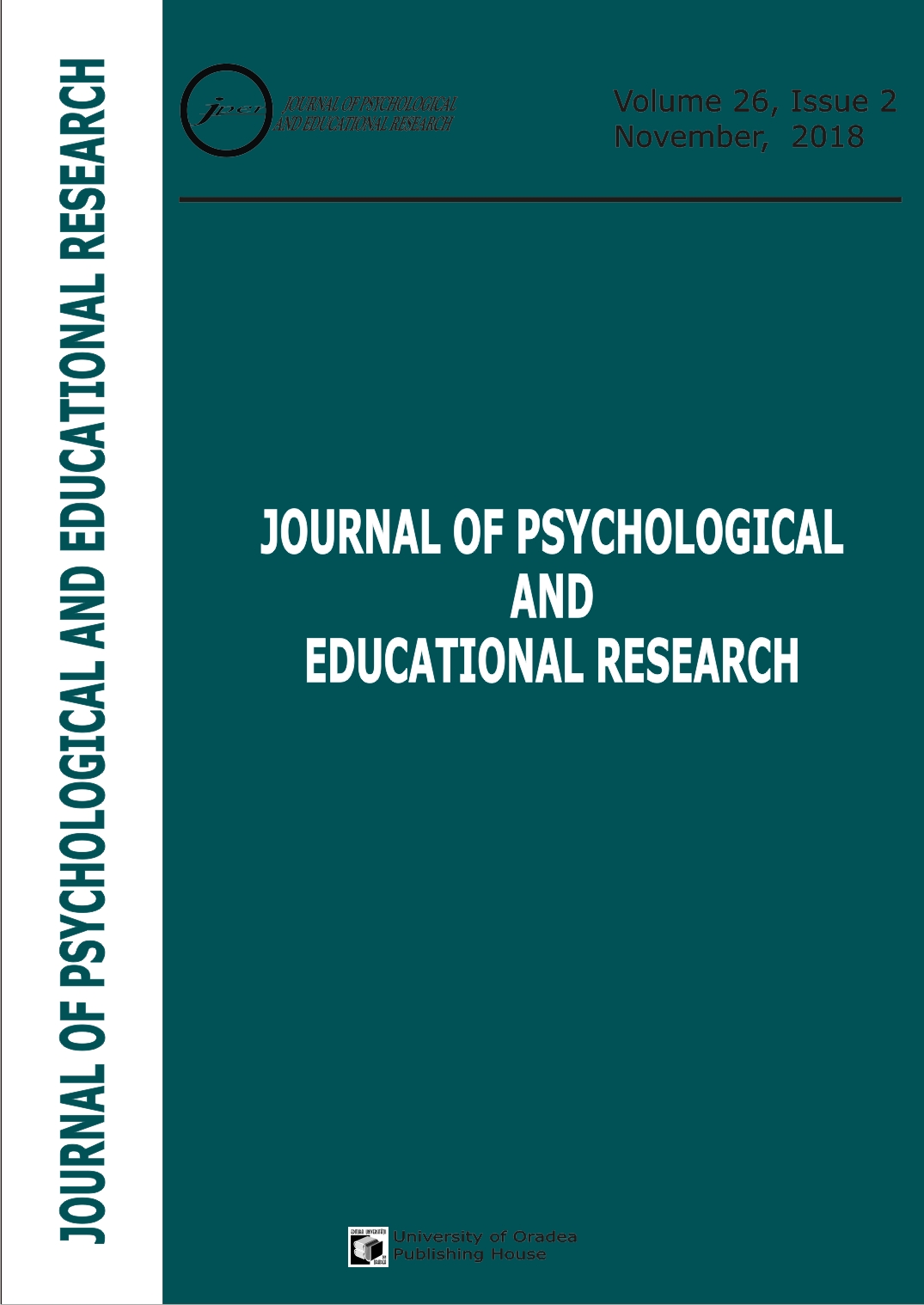The psychology of corruption: The role of the counterfeit self, entity self-theory, and outcome-based ethical mindset
The psychology of corruption: The role of the counterfeit self, entity self-theory, and outcome-based ethical mindset
Author(s): Juneman Abraham, Julia Suleeman, Bagus TakwinSubject(s): Education, Psychology
Published by: Editura Universitatii din Oradea
Keywords: counterfeit self; inauthenticity; corruption; moral mindset; implicit theory;
Summary/Abstract: Two studies were conducted aimed at identifying the dynamics which contribute to corrupt behavior. Study 1 was a correlational study of 994 senior high school students (457 males, 537 females; 426 from North Sumatera, 568 from West Kalimantan; Mage=15.93 years, SDage=1.123 years), with a data analysis technique of structural equation modelling, to test the significance of the role of the counterfeit self (predictor) as well as an ethical mindset and self-theory (moderator candidates), in predicting moral disengagement (the dependent variable of Study 1, as the proxy of corruption behavior). Study 2 was a quasi-experimental study of 154 university students in Jakarta (68 men, 86 women; Mage=19.167 years, SDage=1.476 years) to test the hypotheses of the moderating effects of an outcome-based ethical mindset and entity self-theory on the effects of the counterfeit self on corruption behavior (dependent variable Study 2, operationally defined as performance in a bribery game) with a data analysis technique of the two-way ANOVA. The results of these studies (Study 1 and Study 2) generally confirm the hypotheses proposed. This was the first time the corruption psychological theoretical model had been examined in Indonesia, based on performance in a corruption game.
Journal: Journal of Psychological and Educational Research (JPER)
- Issue Year: XXVI/2018
- Issue No: 2
- Page Range: 7-32
- Page Count: 25
- Language: English

